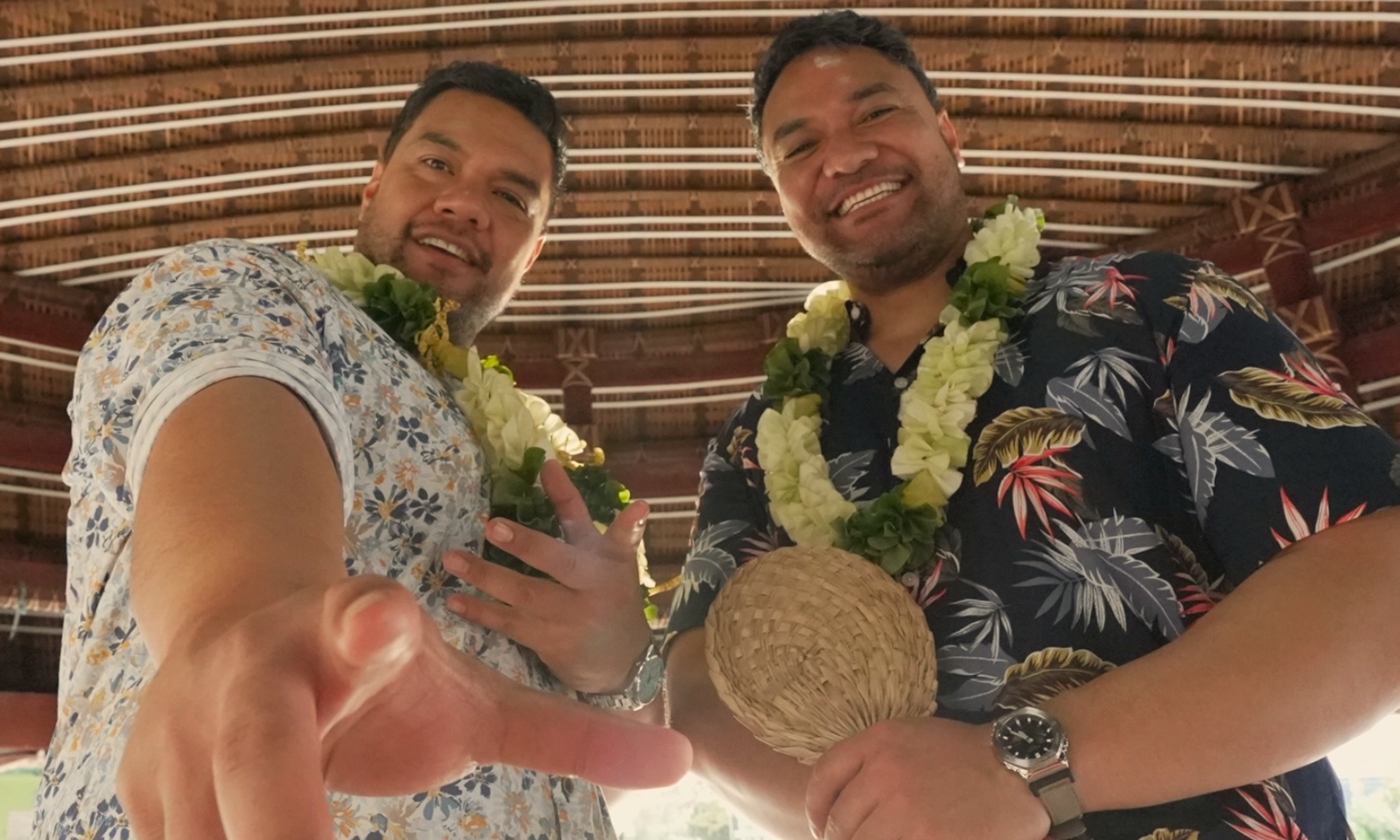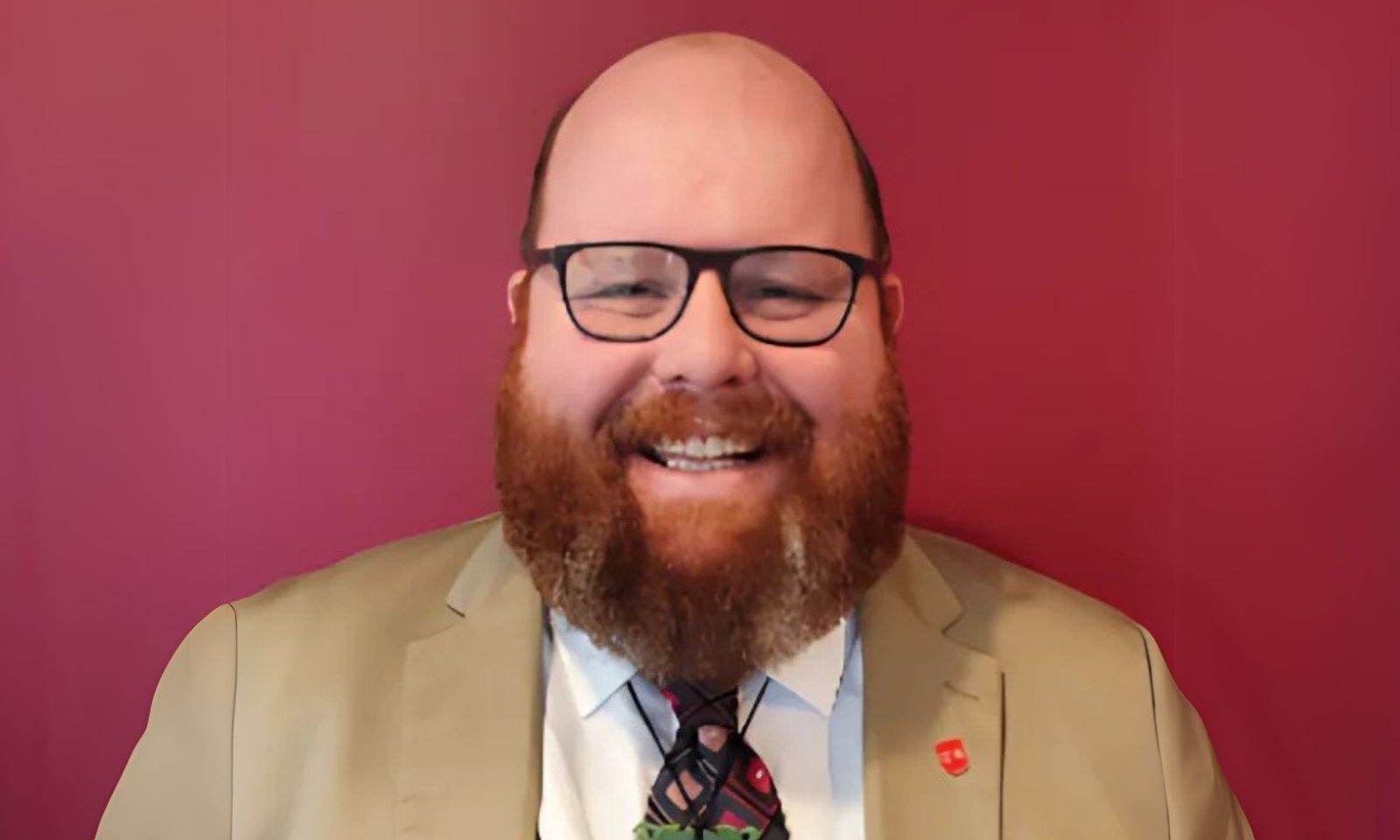

2024 has been a tumultuous year for the education sector.
Photo /Unsplash.
Teachers’ union warns NZ must get curriculum shake-up right
Delays in revising the secondary school programme have raised concerns about the ministry’s process amid allegations of secrecy and strategic resets.



The Sāmoan Tenor named Pati who turned disadvantage into an operatic destiny

Realm relations in focus as Tokelau-NZ marks 100-year history



‘One of our most trusted leaders’: Tributes flow for a beloved rangatira

The Sāmoan Tenor named Pati who turned disadvantage into an operatic destiny

Realm relations in focus as Tokelau-NZ marks 100-year history

As teachers continue to grapple with curriculum revisions, the Post Primary Teachers' Association (PPTA) says although change is needed, it must be done right.
Some have criticised New Zealand’s Ministry of Education's delays and lack of transparency in its curriculum revision process, where a draft of the secondary school English curriculum, months overdue, was reportedly shared only with select teachers, sparking concerns from the New Zealand Association for the Teaching of English (NZATE).
Meanwhile, the science curriculum review was abruptly paused in November after just one meeting, with the Ministry citing the need for a “strategic reset”.
Speaking to William Terite on Pacific Mornings, PPTA President Chris Abercrombie said major curriculum overhauls were rare, as demonstrated by the current system, which hadn’t been reviewed since 2007.
“It's something I know that we want to sort of do a bit more often, just to keep the curriculum healthy and up to date, but we don't have a long history of curriculum revision here in New Zealand.”
‘What’s good for Māori, what’s good for Pasifika, is good for all’
An OECD paper underscored the importance of curriculum revisions needing to be planned and resourced, which Abercrombie also stressed.
“Change isn't necessarily a bad thing if it's well thought out, well planned, well resourced.

PPTA President Chris Abercrombie. Photo /PPTA.
“And to be frank, our curriculum needed to change, some of our assessments needed to change.”
Abercrombie said improving equity for Māori and Pacific learners was central to curriculum changes like the NCEA Level 1 revisions, as it focused on bridging the gap between persisting education disparities.
Pacific learners, including Māori, had low rates of University Entrance achievement compared to the rest of the country, as well as lower attendance rates.
Abercrombie said the implementation had been an issue, particularly with NCEA Level 1.
“Part of the reason for these changes was to make the curriculum more accessible, make the assessment more accessible, so we can improve the outcomes for Māori and Pasifika specifically, but also all students in general.

The government allocated $153 million over four years to establish up to 15 new charter schools and convert 35 existing state schools into charter schools. Photo /Unplash.
“We know ‘what's good for Māori, what's good for Pasifika, is good for all’, and so that's the promise of these changes.”
Charter schools
Another major impact in the education space was the reintroduction of charter.
Abercrombie said the reintroduction was a confusing move and referred to French language school École Française Internationale Auckland as an example that would not do much to solve New Zealand’s education issues.
“Some of those decisions do seem a bit interesting, to say the least. What I'm hopeful for the year ahead is just a really settled time period.
“I think all these changes the government wants to make - we need to have a teacher workforce to do it.
“We just need our schools and our communities just supporting each other to get the best outcome for our young people.”